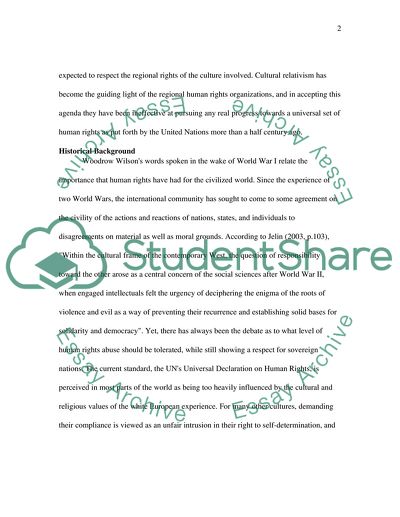Cite this document
(The Concept of Cultural Relativism and Declaration on Human Rights Research Paper, n.d.)
The Concept of Cultural Relativism and Declaration on Human Rights Research Paper. Retrieved from https://studentshare.org/law/1720863-qare-regional-human-rights-bodies-a-manifestation-of-cultural-relativism
The Concept of Cultural Relativism and Declaration on Human Rights Research Paper. Retrieved from https://studentshare.org/law/1720863-qare-regional-human-rights-bodies-a-manifestation-of-cultural-relativism
(The Concept of Cultural Relativism and Declaration on Human Rights Research Paper)
The Concept of Cultural Relativism and Declaration on Human Rights Research Paper. https://studentshare.org/law/1720863-qare-regional-human-rights-bodies-a-manifestation-of-cultural-relativism.
The Concept of Cultural Relativism and Declaration on Human Rights Research Paper. https://studentshare.org/law/1720863-qare-regional-human-rights-bodies-a-manifestation-of-cultural-relativism.
“The Concept of Cultural Relativism and Declaration on Human Rights Research Paper”, n.d. https://studentshare.org/law/1720863-qare-regional-human-rights-bodies-a-manifestation-of-cultural-relativism.


